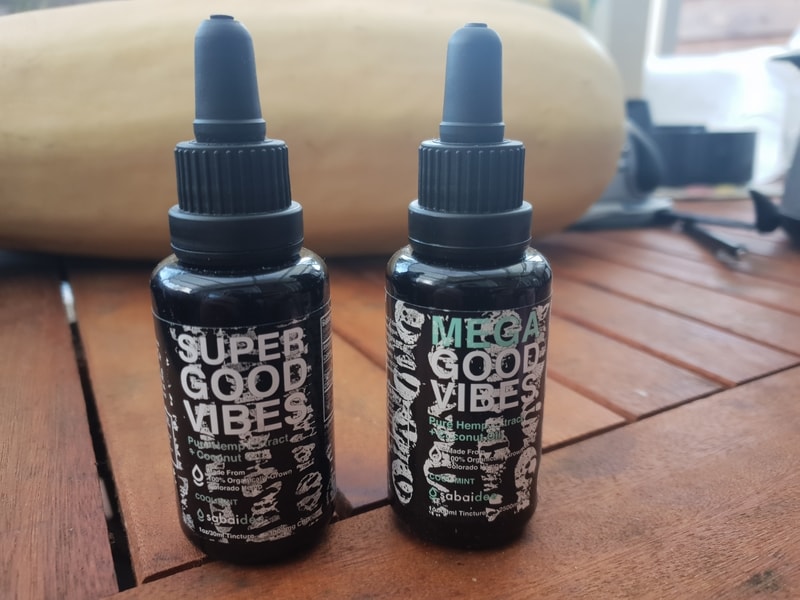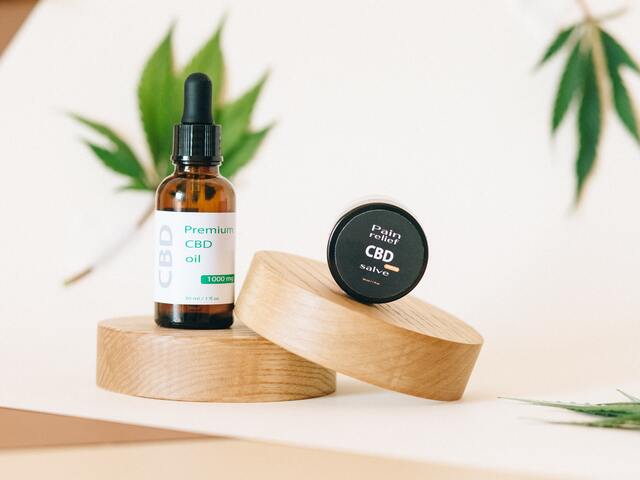In this article, they are going to explain what exactly CBD oil is, how it affects your body and mind, its properties and benefits, as well as its side effects.
The idea is that you end up knowing everything about this compound, and that you can choose the best treatment for your ailment.
What is CBD?
It is a chemical compound of the cannabinoid family that occurs naturally in the cannabis plant.
Also called cannabidiol, it is one of the 108 different types of cannabinoids found in cannabis.
It can be extracted in the form of a greasy paste, and combined with a carrier oil, either hemp oil or coconut oil to form what is commonly called CBD oil.
If you think CBD is what gets you high, you’re wrong. Not all 108 cannabinoids have psychotropic effects.
They are often confused with THC, but there are many differences between them. Delta-9-tetrahydrocannabinol, or THC, possesses psychoactive properties that get you “high”; whereas CBD only provides therapeutic benefits.
On the active cannabinoid and the source.
The most active ingredient in marijuana is THC, or delta-9 tetrahydrocannabinol, which can account for up to 40 percent of the cannabinoid content.
THC is the compound responsible for the “high” feeling because it causes some changes in your brain chemistry. In other words, marijuana has psychoactive effects on your brain.
THC is not generally found in industrial hemp. In fact, for industrial hemp to be legally grown in Spain, it must contain less than 0.3 percent THC.
CBD, on the other hand, is a non-psychoactive cannabinoid, meaning it has no psychological or mind-altering effects on your brain. It may have some therapeutic and healing properties, but the oil doesn’t make you feel high.
Yes, both CBD and THC are cannabinoids, and they are found in the cannabis plant.
- Indica plants are bushier, shorter and have been bred to have more resin concentration. This often means that indica plants are suitable for THC-rich marijuana.
- Sativa plants are more fibrous, taller and have a low THC content. They are more suitable for the production of industrial hemp, seeds and CBD.
In the chemical structure
Because they are both cannabinoids, THC and CBD have exactly the same chemical structure.
Each molecule (the smallest basic unit) of CBD and THC has 2 oxygen atoms, 30 hydrogen atoms and 21 carbon atoms.

As such, both cannabinoids have a tendency to interact with the cannabinoid receptors in our brain.
However, the difference in the way they affect your brain is due to the fact that the atoms are arranged differently.
On the effects they have on the brain
THC binds strongly with CB1 receptors. It is this binding that leads to the euphoric feeling or high commonly associated with smoking marijuana.
CBD does not bind to CB1 (cannabidiol 1) receptors in the brain. Even if it does, the binding is so weak that the effect is negligible.
In fact, the presence of CBD in the brain can disintegrate the binding between CB1 and THC, reducing the psychoactive effects of marijuana.
On the other hand, CBD has a higher affinity for CB2 (cannabidiol 2) receptors. Thus CBD oil can help treat inflammation, reduce stress and help with epilepsy without the psychoactive effects.
Conclusion: marijuana produces psychotic euphoria, while CBD oil does not.
If you want to find great information, please visit the best cbd UK to learn more.





